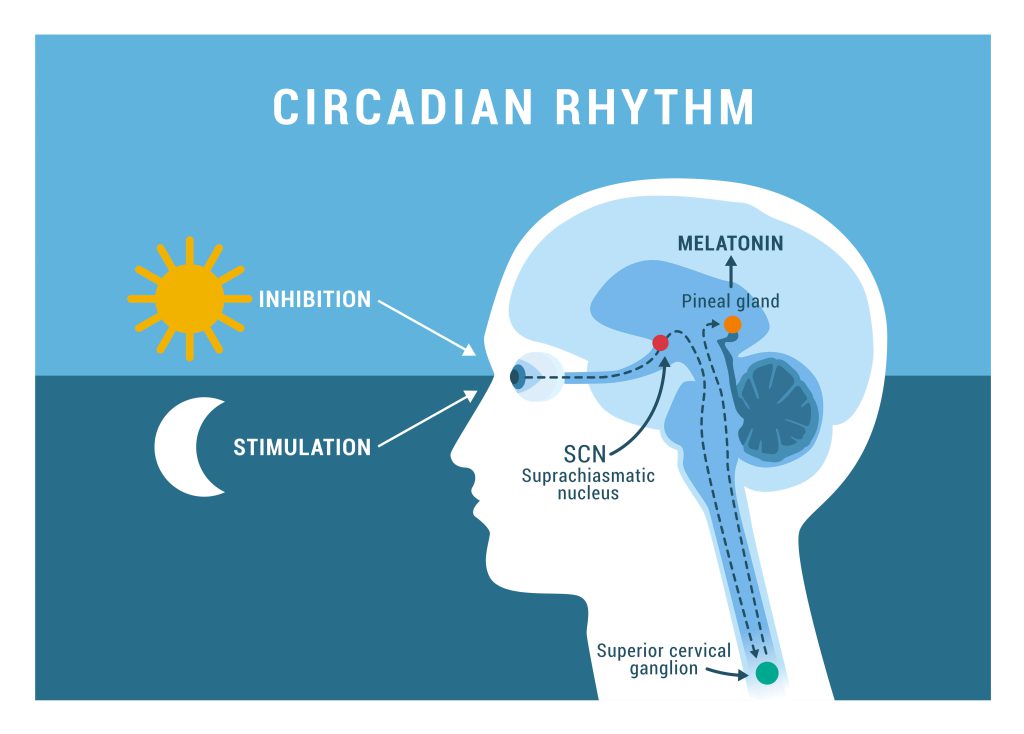Give Sleep Some Attention
Sleep is like plugging your body into its own built-in charger. It replenishes your depleted energy levels and gives you enough charge or energy to do what you need to do in your waking hours.
Much like a cell phone that hasn’t fully recharged and cuts off mid-call, if you don’t sleep enough, you can run out of energy far too soon. How much you sleep affects your energy levels and performance, which is why a lack of sleep can even affect your outward appearance. So, your nightly sessions on “charge” shouldn’t be taken lightly, and since we spend roughly a third of our lives “recharging,” we should try to get the best out of it.
The importance of sleep
We all need to ensure we get the right amount of sleep and enough good quality sleep. There is no set amount of sleep that is appropriate for everyone; some people need more sleep than others. So, it’s not just about how much you sleep; it’s also about how well you sleep. Sleep is necessary to maintain your physical and mental health, as it is required for the brain to recover and regenerate. During sleep, the brain processes information and strengthens memory – that is why it is better to get a good night’s sleep before an exam or an important day at work.
Melatonin – The Sleep Hormone
The role of melatonin
Melatonin is a hormone synthesised and secreted by the pineal gland in the brain. It has been linked scientifically to regulating sleep, which boosts the immune system and helps maintain a better mood and quality of life.
Our bodies have a built-in clock – or circadian rhythm – that regulates our sleep cycles, which controls how much melatonin your body secretes. Under normal circumstances, melatonin levels go up in the mid to late evening and stay up most of the night. They then drop again in the early morning.
Our natural melatonin levels slowly decrease as we get older, so a supplement may sometimes be needed to get a good night’s rest – especially if you are an older adult suffering from insomnia. See Ageing and Sleep for more.
The 24-hour sleep/wake cycle, also known as the 24-hour circadian rhythm, is regulated by a clock in the brain’s suprachiasmatic nuclei (SCN). The SCN is responsible for regulating melatonin secretion by the pineal gland.
Melatonin modifies circadian rhythms and signals day-night transitions. Melatonin levels are low during the day and increase at night. In most people, melatonin levels usually begin to increase steadily between 7-11 pm and reach their peak value between 2-4 am. The levels then decline and reach their lowest values during daytime hours.

Melatonin and sleep disorders
Sleep disturbances affect our sleep quality, which can make it difficult to function psychosocially, physically, and occupationally.
Circadian rhythm sleep disorders are a group of conditions tied to dysfunctions or misalignments with the body’s internal clock. Since melatonin modifies circadian rhythms and signals day-night transition, abnormal melatonin profiles can cause circadian rhythm sleep disorders.

